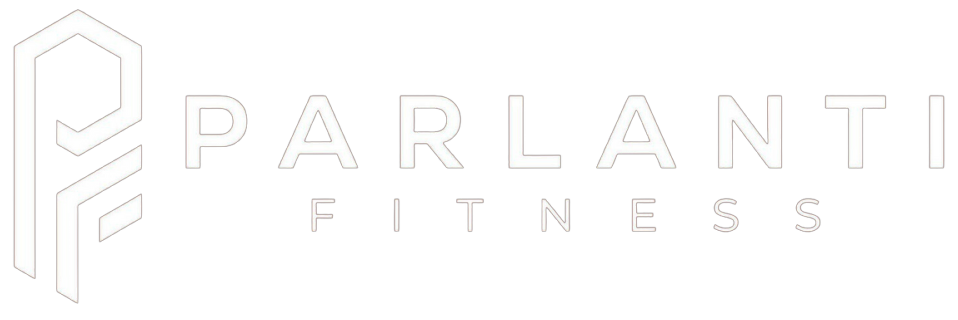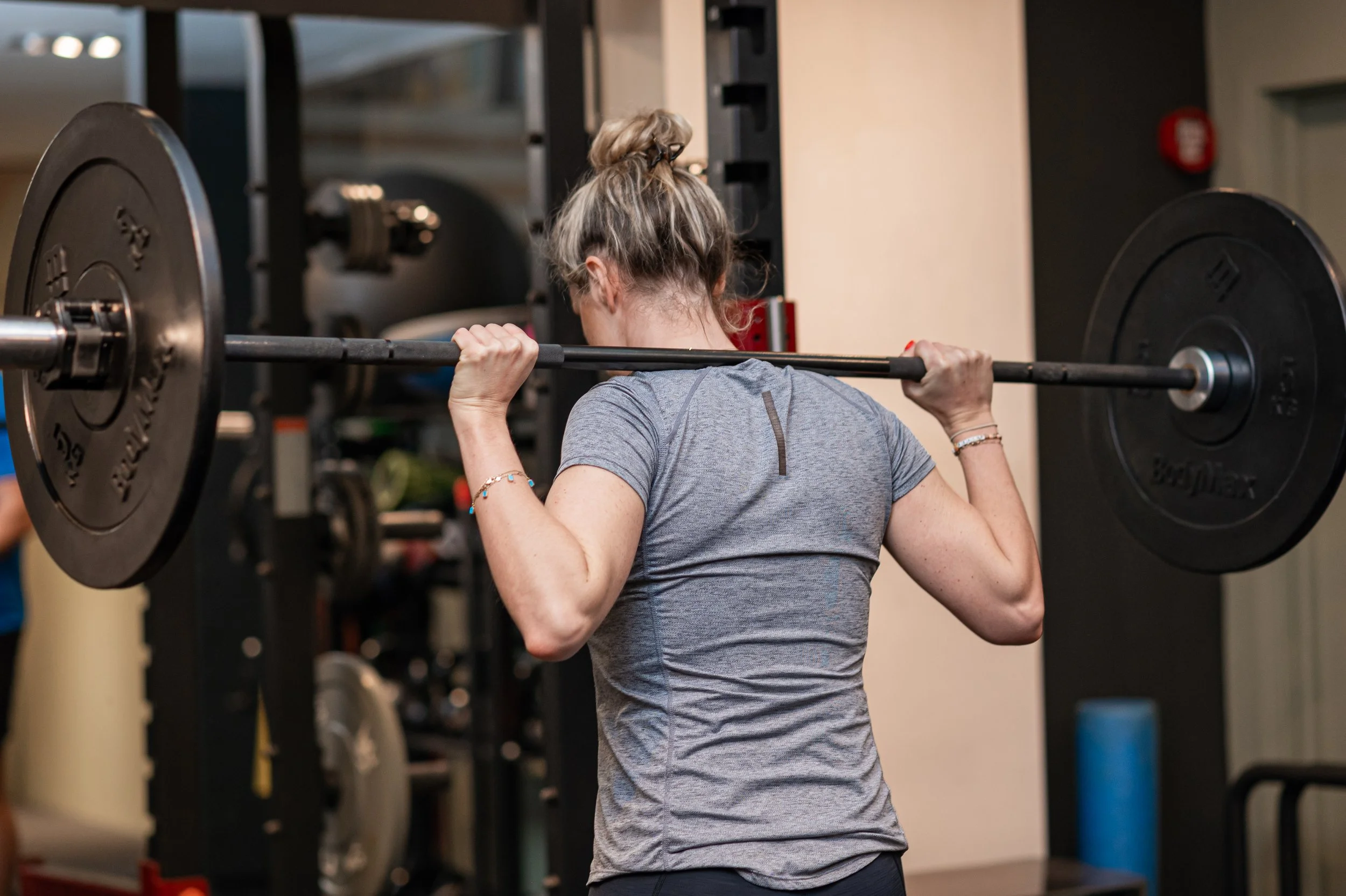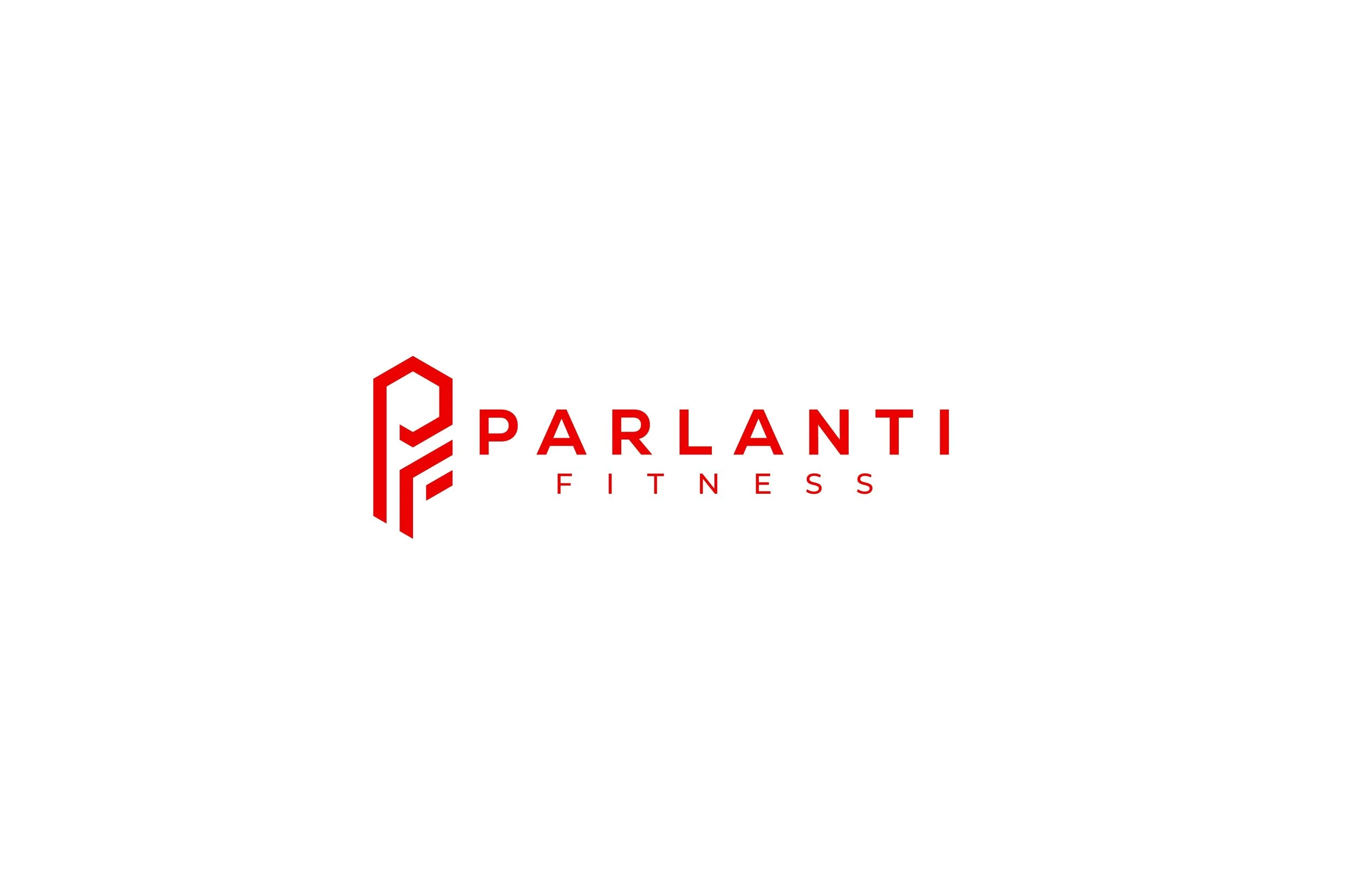
Explore Our Fitness Articles: Fat Loss and Performance
Welcome to the Parlanti Fitness Blog…. your go to source for fat loss, strength training, and fitness advice.
Here, we share practical tips on nutrition, workouts, and lifestyle habits to help you lose fat, build muscle, and stay consistent. Whether you train in Clapham or online.
Our mission is simple: to help you create a body and lifestyle you can be proud of, without the confusion or extremes. This blog provides evidence based strategies for optimal fat loss and performance.
At Parlanti Fitness, we believe results come from balance, structure, and consistency, not quick fixes.
Explore more about our Parlanti Method programme, or get started today with personal training in Clapham and experience coaching designed around your goals and lifestyle.
Looking for more guidance? Check out popular posts like “The Truth About Supplements for Fat Loss” and “Why Diet Is Just as Important as Fitness” above.
Introduction to Fitness
Fitness is more than just looking good, it’s about building a body that performs well in everyday life and during physical activity. Achieving true fitness means combining regular exercise, balanced nutrition, and enough rest to allow your body to recover and grow stronger. For many athletes and those aiming to improve their health, losing body fat and maintaining muscle mass are essential goals. These factors not only influence your body composition but also play a significant role in sports performance and overall well being. Incorporating resistance training, cardiovascular exercise, and a structured approach to nutrition can help you lose weight, improve your body, and reach your fitness goals. Whether you’re just starting out or looking to take your training to the next level, focusing on these fundamentals will set you up for long-term success.
Understanding Body Fat
Body fat is a natural and necessary part of the human body, providing energy, protecting organs, and helping regulate temperature. However, carrying excess body fat can increase the risk of health problems like obesity, diabetes, and heart disease. For athletes, maintaining an optimal body fat percentage is crucial for peak sports performance. Losing body fat effectively requires a combination of a calorie controlled diet and regular exercise, especially resistance training, to preserve muscle mass during weight loss. It’s important to avoid rapid weight loss, as losing weight too quickly can lead to muscle loss and negatively impact your performance. Instead, aim for a steady, sustainable approach targeting a gradual reduction in body fat through consistent exercise and a balanced diet. This strategy supports long term health, better body composition, and improved athletic results.
Off Season Nutrition Planning
The off season is the perfect time for athletes to focus on their nutrition and set the stage for future success. Without the immediate pressure of competition, you can prioritise losing body fat, building muscle mass, and refining your overall diet. A smart off season nutrition plan should include a balance of macronutrients, plenty of protein to support muscle growth, healthy fats for hormone health, and enough carbohydrates to fuel your training. Maintaining a slight calorie deficit can help with weight loss, but it’s important to ensure you’re still getting enough nutrients to support recovery and performance. Emphasize whole, minimally processed foods like lean proteins, whole grains, fruits, and vegetables. By planning your nutrition carefully during the off season, you can improve your body composition, enhance sports performance, and reduce the risk of injury or illness when it’s time to compete again.
Low Energy Availability Considerations
Low energy availability (LEA) happens when your calorie intake doesn’t meet the demands of your training and daily life. This can occur if you’re not eating enough, exercising too much, or both. LEA can have serious consequences, including reduced sports performance, increased risk of injury, and impaired muscle protein synthesis. To avoid these issues, it’s crucial to match your energy intake with your energy expenditure, especially if you’re training hard. Prioritise carbohydrate intake to keep your muscle glycogen stores topped up, and make sure you’re getting enough protein to support muscle repair and growth. Pay attention to signs of low energy, such as excessive fatigue, poor recovery, or frequent illness. By maintaining adequate energy availability, you can support your body’s ability to perform, recover, and adapt to training, helping you reach your fitness and fat loss goals safely.
Fat Loss and Nutrition Timing
When it comes to fat loss, what you eat and when you eat it can make a big difference. Creating a calorie deficit through mindful food intake and increased exercise is the foundation of any effective fat loss plan. To maximise results, focus on regular meals that include a balance of protein, carbohydrates, and healthy fats. Protein supports muscle protein synthesis, while carbohydrates help maintain muscle glycogen stores, fueling your workouts and aiding recovery. Eating every 3-4 hours can help keep your energy levels steady and support muscle maintenance during a fat loss phase. Pay special attention to your pre and post workout nutrition: a mix of carbs and protein before and after training can enhance performance and speed up recovery. By dialing in your nutrition timing and making smart food choices, you can burn fat more efficiently, preserve muscle mass, and boost your sports performance.










